Praise for Richard Smoleys The Dice Game of Shiva
The Dice Game of Shiva carries the reader insightfully through metaphor, a breadth of references, and insight into the diaphanous realms of consciousness. Richard Smoleys fascinating examples and challenging thinking invite readers to explore meaning and applicability to their own spiritual journeys. Exploration of the relationship between consciousness and its experience plays throughout the text and draws the reader to a deeper experience of self. I recommend this text for any student of mind and purpose.
Betty Bland, president of the Theosophical Society in America
This is an exciting, powerful book on the nature of mind and its relation to the universe. It is hard to put down. It is written largely from an Eastern viewpoint by a man who has, here and elsewhere, demonstrated his comprehensive knowledge of the Western searchings. (See, for example, his book Hidden Wisdom.) The depth and extent of Hindu psychology and philosophy of mind is little known in the West. This book has been long needed. One cannot read it without emerging feeling somehow more, an inner stirring and movement in new directions, the same sort of feeling you have when you see Guernica for the first time or really hear the Appassionata. Do not pick it up unless you are prepared for this.
Lawrence LeShan, PhD, author of
A New Science of the Paranormal and How to Meditate
I have a standing rule: I read anything Richard Smoley writes and The Dice Game of Shiva proves once again that Im correct to do so. This book is a profoundly wise examination of the nature of consciousness and its place our place in the universe. Smoleys writing is engaging, personal, and elegant. Anyone interested in the origin, nature, and destiny of consciousness should read this important book.
Larry Dossey, MD, author of
The Power of Premonitions and Healing Words
I loved Richard Smoleys The Dice Game of Shiva, which thoughtfully deals with conundrums from consciousness to causality. He quotes the Indian dharma master Ramana Maharshi, who teaches the nondual view that it is impossible to be separate from an infinite God, or infinite consciousness. He similarly describes the inseparability of consciousness from the contents of consciousness thereby dismantling the so-called mind-body problem. And he convincingly attacks the illusion of causality with which we try to order our lives, quoting Bertrand Russell, who wrote that causality is a relic of a bygone age like the monarchy.
Russell Targ, physicist and author of Limitless Mind
THE
DICE GAME OF
SHIVA
Also by Richard Smoley
Conscious Love: Insights from Mystical Christianity
Forbidden Faith: The Secret History of Gnosticism
The Essential Nostradamus
Inner Christianity: A Guide to the Esoteric Tradition
Hidden Wisdom: A Guide to the Western Inner Traditions
(with Jay Kinney)
First Flowering: The Best of the Harvard Advocate, 18661976
(editor)
THE
DICE GAME OF
SHIVA
HOW CONSCIOUSNESS
CREATES THE UNIVERSE
RICHARD SMOLEY
New World Library
Novato, California

Copyright 2009 by Richard Smoley
All rights reserved. This book may not be reproduced in whole or in part, stored in a retrieval system, or transmitted in any form or by any means electronic, mechanical, or other without written permission from the publisher, except by a reviewer, who may quote brief passages in a review.
The permissions acknowledgments on page 201 are an extension of the copyright page.
Text design by Tona Pearce Myers
Library of Congress Cataloging-in-Publication Data
Smoley, Richard.
The dice game of Shiva : how consciousness creates the universe / Richard
Smoley.
p. cm.
Includes bibliographical references and index.
ISBN 978-1-57731-644-2 (pbk.: alk. paper)
1. ReligionPhilosophy. 2. Consciousness. 3. Experience. I. Title.
BL51.S5885 2009
First printing, November 2009
ISBN 978-1-57731-644-2
Printed in the United States on 30% postconsumer-waste recycled paper
 New World Library is a proud member of the Green Press Initiative.
New World Library is a proud member of the Green Press Initiative.
10 9 8 7 6 5 4 3 2 1
For Robert Krier Smoley

CONTENTS
F irst I would like to thank my dear wife, Nicole, and my little son, Robert (to whom this book is dedicated), for providing me with a loving home in which this book could be created.
In addition, I appreciate the help and support of my agent, Giles Anderson, and my editor, Jason Gardner, for enabling me to shape my ideas into a finished book. Thanks are also due to Kristen Cashman and Bonita Hurd for their careful attention to the manuscript in the editing process.
Finally, I am grateful to Joy Mills and Gerald J. Larson for their thoughtful reading of the manuscript and for helping me to sharpen my insights. Of course any errors and omissions in this book remain my responsibility and not theirs.
Richard Smoley
Winfield, Illinois
March 2009
T he threads of most books can be traced to any number of points in their authors lives. If I were to place the genesis of this book somewhere in particular, I would choose the late 1970s, when for two years I was a student at the University of Oxford.
I admit that I had no well-defined reason for going there. I had received a bachelors degree in classics from Harvard, and, having my mind set on a literary career, I vaguely thought it would be useful to polish off my Greek and Latin studies with a degree from Oxford in Literae Humaniores (more humane letters), also known as Greats, a celebrated course in which one studied ancient history, classical literature, and/or philosophy. Each student had to choose two of the three; I chose the latter two.
The picture of Oxford that many Americans have is an idyllic one, and the school is usually imagined as it might have been around 1910, with the men in straw boaters and the women in Edwardian gowns. In this world, viewed through a soft focus, the principal occupations are tea parties, cricket, flirtations, aristocratic whimsies, and adolescent despair. There one occasionally drops in on one of the dons and engages in witty repartee over glasses of brown sherry, or falls in love with the daughter of an earl, only to be spurned because of ones social inferiority.

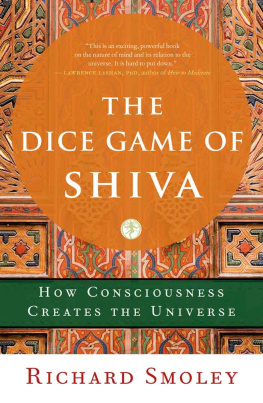

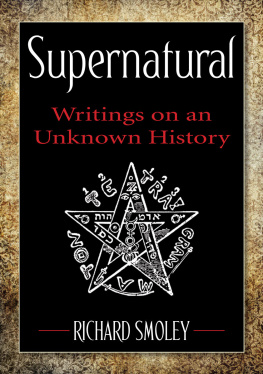

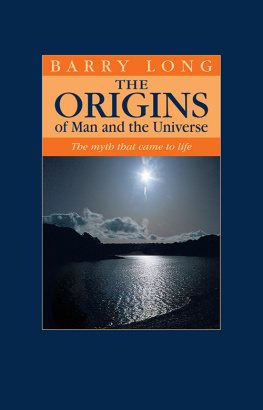

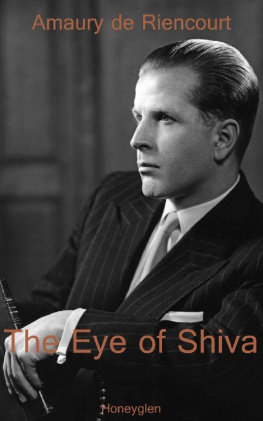
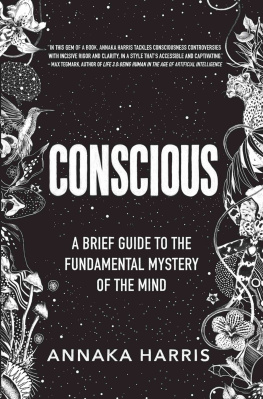
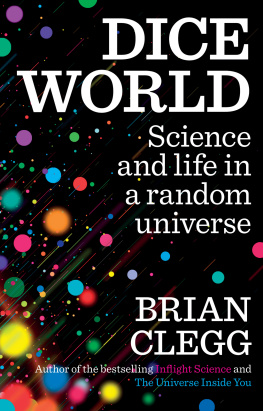
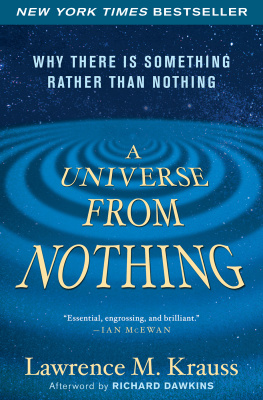
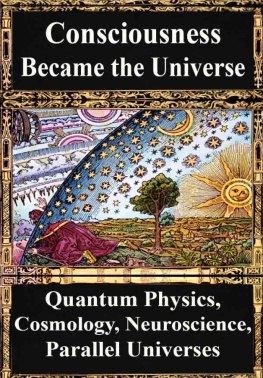

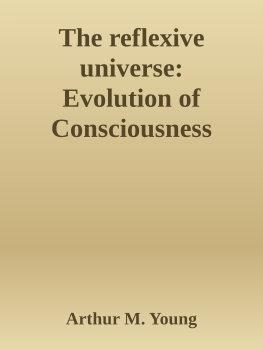
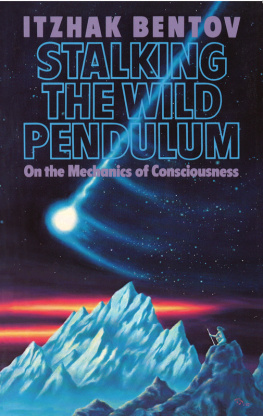

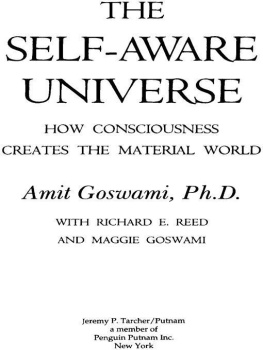



 New World Library is a proud member of the Green Press Initiative.
New World Library is a proud member of the Green Press Initiative.